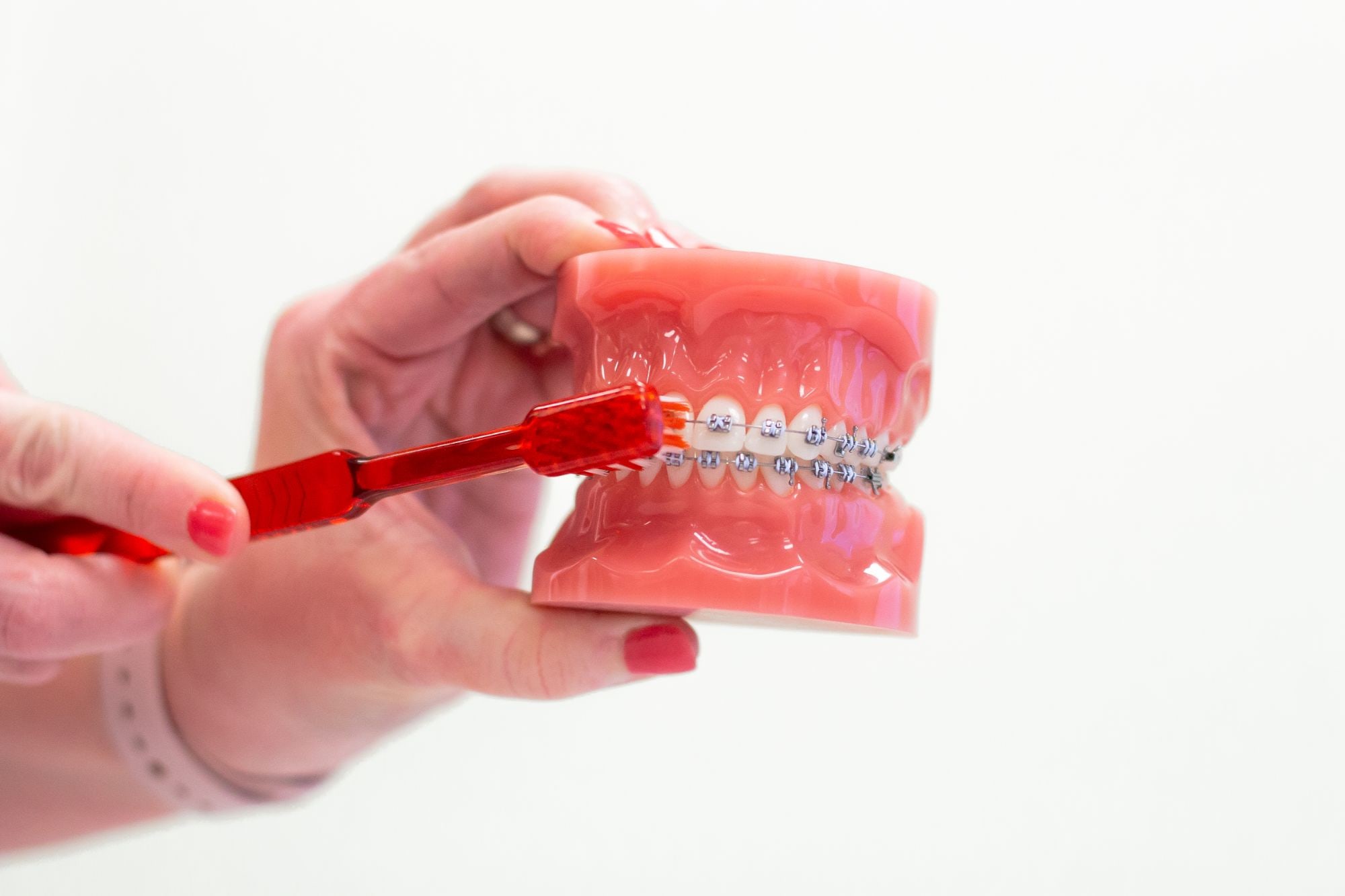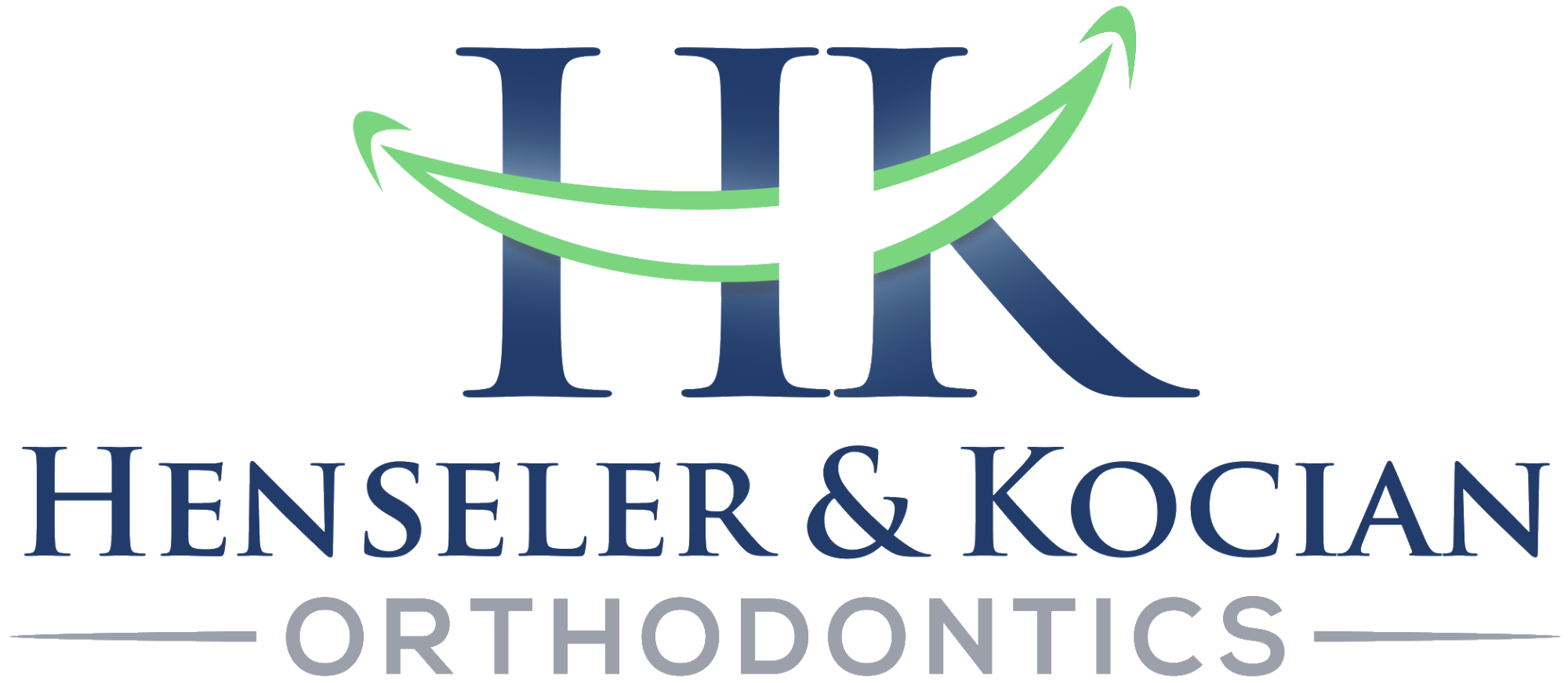Braces Are a Big Step
Now that you have your braces on, you’ve taken the first big step on the path towards a healthy, beautiful smile. It’s an exciting time, but you need to know a few instructions and helpful tips to ensure your smile journey is as efficient and comfortable as possible.
Don’t worry, though — while you may need to make a few adjustments to your lifestyle at first, the following guidelines will become routine before you know it!
Foods to Avoid
Eating with braces may feel a bit awkward at first, but within a few days, you’ll be chowing down like a pro.
Still, you may need to avoid particularly sticky, chewy, or crunchy foods as they can cause orthodontic appliances to come loose. Such foods include:
- Candies: Sticky treats like caramel, taffy-like candies, chewing gum, and sticky-hard candies like Jolly Ranchers can adhere to, loosen, and even detach your brackets from your teeth.
- Snacks: Unfortunately, popcorn, beef jerky, very hard potato chips, and hard nuts such as raw almonds or chestnuts should also be avoided.
- Drinks: You’ll also need to limit certain high-sugar drinks from your diet, including soda, Gatorade, and juices to avoid getting cavities around your braces.
While you’ll have to limit or avoid these and other foods during your orthodontic treatment, we think you’ll find many foods you can enjoy with braces!
Soreness from Your Appliances or Braces
Having braces may take a little getting used to at first. It isn't uncommon to experience a bit of soreness when appliances are first put on, as well as some minor aches as teeth begin moving into new positions. And perhaps you can find comfort in knowing that genuine orthodontic emergencies are rare.
If you think you may have an emergency, however, the first step is to determine the severity of the problem. An effective way to do this is to ask yourself the following questions:
- Is the problem an urgent situation that requires immediate attention?
- Or is it a minor problem that you can take care of yourself, temporarily, until you can come in our office?
To help you determine if an orthodontic problem is a true emergency, let’s take a look at the next section.
Orthodontic Emergencies
It can be difficult to determine, or diagnose, if an uncomfortable sensation you’re not used to experiencing is actually an emergency. So to help set your mind at ease, let’s take a look at some of the few true orthodontic (or dental) emergencies.
These emergent scenarios include:
- Trauma or injury to the teeth, face or mouth
- Infection or swelling of the gums, mouth or face
- Severe, unmanageable discomfort or pain in these areas
In any of these situations, you should seek help as soon as possible — and when it comes to orthodontic emergencies, your Woodbury orthodontist can be a helpful first call. If needed, don’t hesitate to visit an emergency room.
Generally, however, the best place to start handling an emergency is with your regular dentist. Remember that your dentist is trained to handle a range of dental problems and can most likely offer the necessary diagnostic tools, anesthetics and treatments you need.
For example, if you have a fractured tooth, your dentist will treat the immediate problem and arrange for the tooth's restoration. Afterwards, your orthodontic treatment plan can be adjusted as needed. Likewise, severe pain or swelling could be a sign of infection or disease, which a dentist or periodontist is best able to treat.
Some Minor Troubles
Fortunately, the vast majority of orthodontic problems are minor compared to these emergency situations — but these minor troubles may still cause discomfort or irritation.
In general, it's best to try and soothe the immediate cause of the discomfort and then call our office to schedule an appointment. Scheduling an appointment instead of dropping in ensures that we can allot sufficient time to take care of you.
Let’s take a look at a few of the more common orthodontic problems, along with some tips on what you can do to relieve them at home:

Loose or Broken Brackets, Bands, or Wires
Loose or broken appliances is often caused by playing with braces or eating hard or sticky candy or food.
If the band or bracket is still attached to the wire, leave it as is — but don't connect any elastics to it! You can also cover it with orthodontic wax if the loose band or bracket is irritating the inside of your mouth.
If the bracket has come completely off the tooth and/or wire, save the bracket and store if for safekeeping.
In either case, call our office to let us know what happened, and we’ll schedule a visit. Be sure to bring any loose parts with you to the appointment!
Misplaced or Poking Archwire, Bracket, or Tie
As your teeth start to move, the wire that connects them – known as the archwire — may begin poking the back of your mouth or irritating your cheeks.
You can try moving the wire into a better position with a pencil eraser or a Q-Tip. If the wire won't move, you may be able to cut the end off with a nail clipper sterilized in alcohol — but before doing so, please call our office for our guidance or instructions. Often, you can also use tweezers to gently move a misplaced wire or a tie that's causing problems.
When wires or brackets cause irritation, covering the metal parts with wax will often help ease the discomfort. As with any of these types of problems, call our office and we'll schedule a time to see you.
General Tooth Pain or Loosening
It's normal for your teeth to become slightly loosened during orthodontic treatment — that shows they're moving!
Sometimes, this movement may be accompanied by tenderness, especially after braces are placed or adjusted. For minor soreness, you can use your regular over-the-counter pain reliever.
A twice-a-day salt-water rinse may also help. Here’s how to prepare and administer this treatment:
- Mix one teaspoon of salt in an 8-ounce glass of warm water
- Rinse for 30 seconds
A warm washcloth or heating pad placed on the outside of the jaw can also offer some relief.
While actual emergencies are rare, our goal is to make orthodontic treatment as comfortable as possible. If you need additional advice, please don't hesitate to call our Stillwater office at (651) 439-8909 or our Woodbury office at (651) 739-1555!

